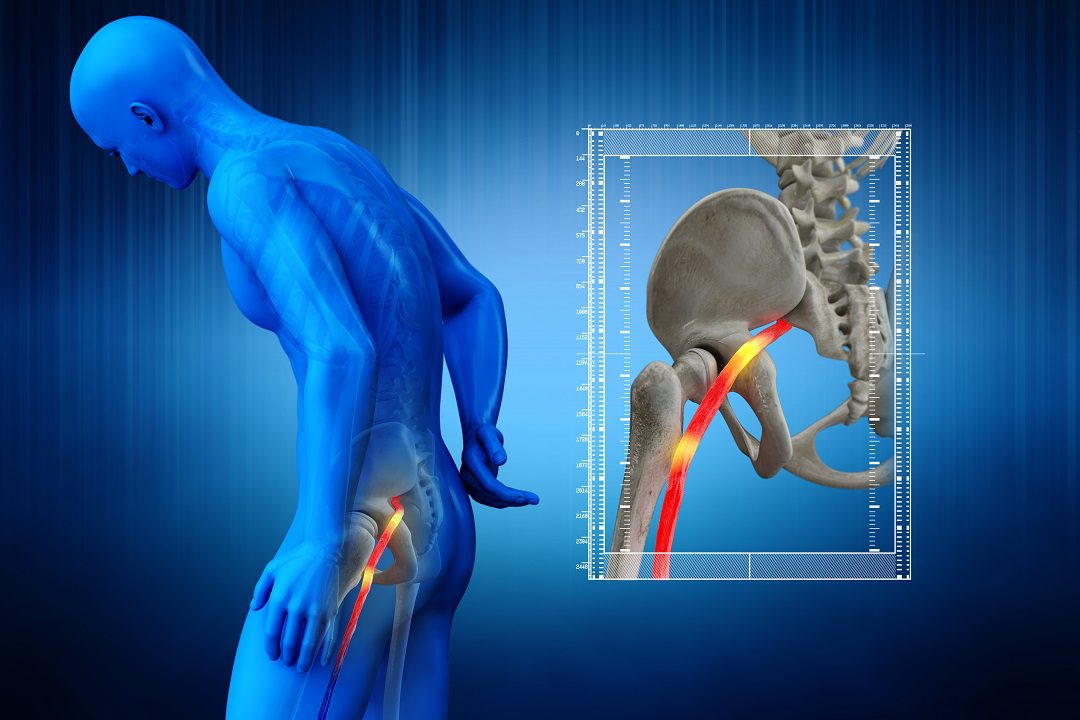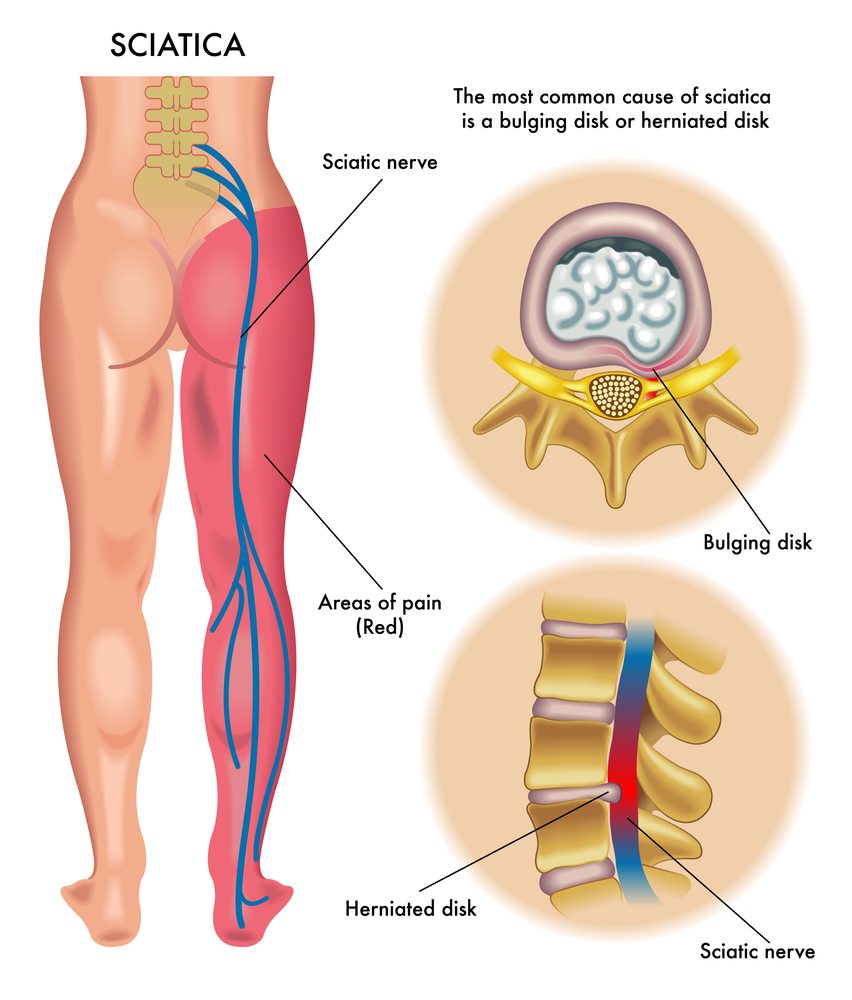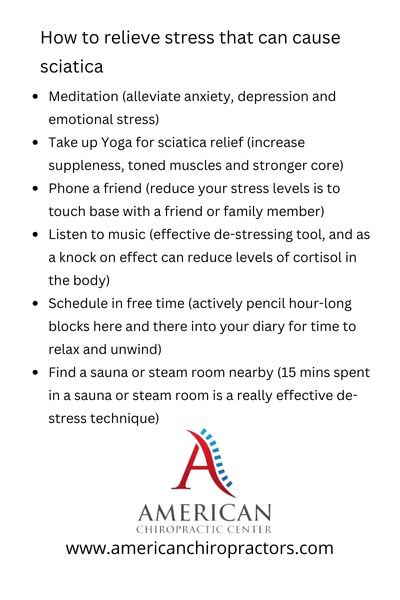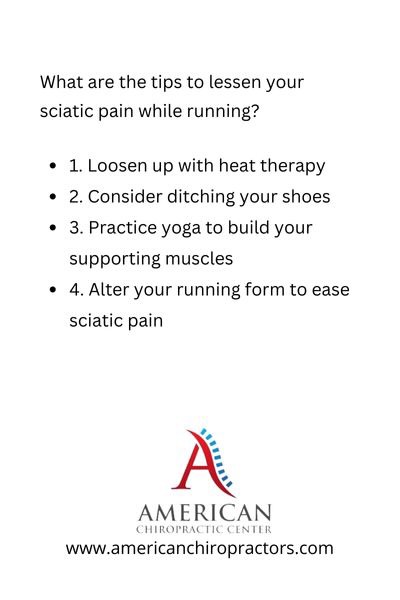Thigh Pain
Why Do I Feel a Burning Sensation in My Thigh?
A burning sensation in the thigh can be caused by a variety of things. It could be something as simple as a muscle cramp or it could be a sign of a more serious condition. If the burning sensation is accompanied by other symptoms, such as pain, swelling, or redness, it is important to see a doctor to rule out any serious problems. In most cases, however, a burning sensation in the thigh is nothing to worry about and will go away on its own.
Read More About Why Do I Feel a Burning Sensation in My Thigh
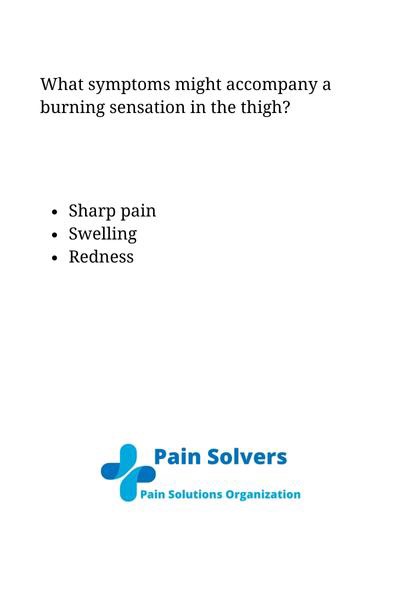
More Things To Know About Why Do I Feel a Burning Sensation in My Thigh
What Is Causing the Burning Sensation in My Upper Thigh?
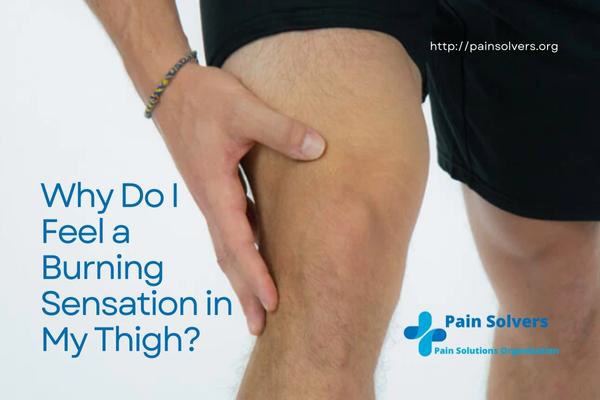
If you’re wondering how to get rid of the burning sensation in the upper thigh, there are several simple steps to take. The first step is to find out what’s causing the pain. Generally, this pain is caused by a compressed nerve in the lateral femoral cutaneous nerve, which is one of the largest sensory nerves in the leg. The pain is often felt in the outer thigh and may be accompanied by other symptoms like numbness or pins and needles. You may also experience pain when shaving or running water down your leg.
Your thigh may be experiencing this sensation due to an injury or exposure to extreme temperatures. Another cause may be meralgia paresthetica, a nerve disorder that affects the lateral femoral cutaneous nerve. Some people experience a burning sensation in their thigh as a result of a chronic condition such as nerve damage, and you should seek medical attention if you have any symptoms of this condition.
What Happens if Meralgia Paresthetica Goes Untreated?
Meralgia paresthetica can be difficult to diagnose, particularly if it is untreated. Doctors often rely on the patient’s medical history and physical examination to diagnose the condition. They may use touch or nerve stimulation tests to evaluate pain, and they may order x-rays of the leg and abdomen to rule out other conditions. They may also perform imaging tests such as an MRI or CT scan. In some cases, medical professionals may prescribe medications, or surgery, to treat the pain.
Doctors can confirm the diagnosis of meralgia paresthetica through X-rays, nerve conduction studies, diagnostic nerve blocks, or electromyography, which records electrical activity in the muscles. Medication can help reduce pain temporarily, and specialized exercises can help relieve symptoms. Surgical nerve decompression is also an option if other treatments fail.
If left untreated, meralgia paresthetica can lead to chronic pain and disability. In severe cases, surgery may be necessary to relieve the pressure on the nerve.
Will Meralgia Paresthetica Go Away on Its Own?
While meralgia paresthetica is often a benign condition, there are times when it is indicative of other more serious illnesses. For these reasons, it is important to consult with a doctor if you are suffering from the condition. The doctor will ask you questions about your symptoms and perform a physical exam. They may also conduct an electromyography to assess the electrical activity in your muscles. If your doctor suspects a deeper cause of your pain, they may recommend treatment.
In most cases, meralgia paresthetica resolves on its own without treatment. However, if the pain is severe or persists for more than a few days, you may need to see a doctor for treatment.
Treatment for meralgia paresthetica varies depending on the cause of the condition. If it is caused by pressure on the nerves in the thighs, treatment options may include weight loss, stretching, and wearing loose clothing. In severe cases, medications or surgery may be necessary.
How Do I Get Rid of the Burning Sensation in My Upper Thigh?
The burning sensation in your upper thigh may be caused by a number of different conditions. If the pain is severe or persists for more than a few days, it’s important to see a doctor to rule out any serious underlying causes. However, there are a few things you can do at home to help ease the discomfort.
First, try icing the area for 15-20 minutes several times a day. This can help to reduce inflammation and pain. You can also take over-the-counter pain medication such as ibuprofen or acetaminophen.
If the pain is due to muscle tension, try taking a warm bath or using a heating pad. Gently stretching the muscles in the area may also help. If home remedies don’t seem to be helping, make an appointment to see your doctor.

Doctor Osvaldo Pepa, Neurosurgery Service Physician at Hospital San Martin, La Plata, Argentina. I graduated last November 16, 1984 with a Medical Degree at the Universidad Nacional de La Plata. The Medical Board of La Plata, District 1, licensed me as a Neurosurgeon in 1990. I hold a Provincial and National License and an active member of the Neurosurgery Society of La Plata, World Ozone Therapy Federation, and Inter American Society of Minimally Invasive Surgery.

















